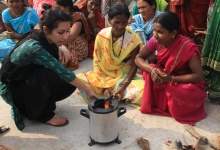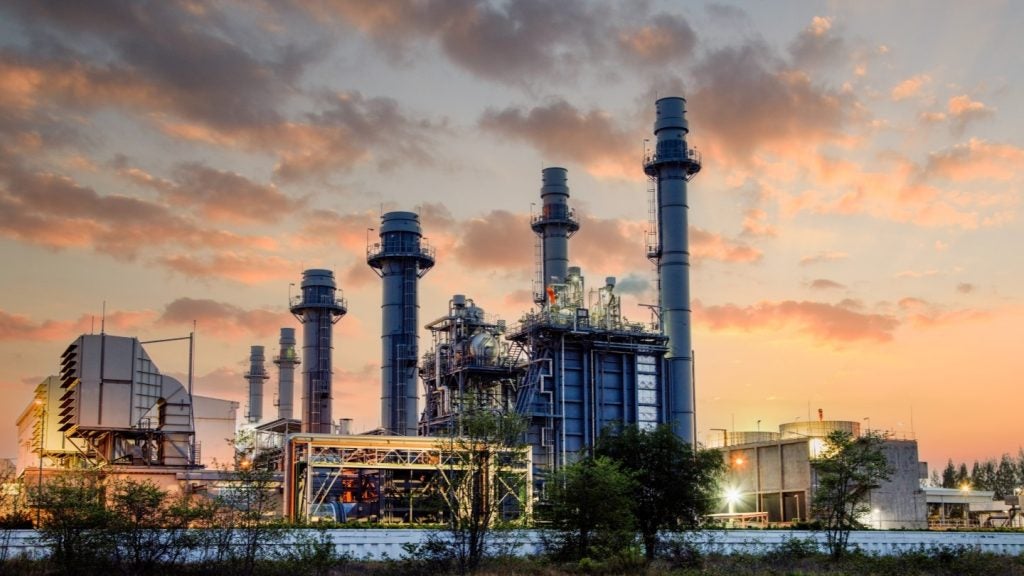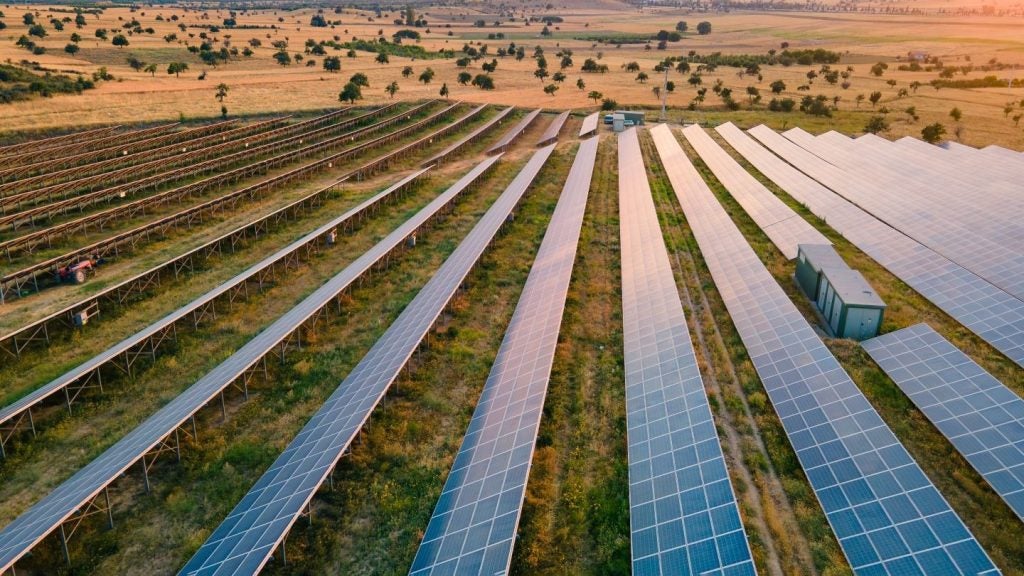

"For seven years of school I couldn’t do homework at night [because of lack of light]," recalls Raphael Robert, manager at Off Grid Electric, a Tanzania based grass-roots company that provides decentralised solar power (via a nifty portable kit) to homes in rural villages.
Robert’s family, like most others in the village, relied on kerosene lamps, which are known to give off poisonous fumes, for light after sunset. Speaking at an event held by Ashden Awards last month, Robert went on to recall an incident where 43 children died in a nearby school after a mattress caught fire from a kerosene lamp.
Kerosene lamps are used daily all over the world. In fact, roughly 1.2 billion people globally have no energy and around 2.8 billion rely on kerosene lamps and cook stoves fuelled with wood, according to The World Bank. It is mostly women and children that suffer daily from this lack of available electricity and clean cooking materials.
"Energy poverty has a female face," said Energia network coordinator and programme manager Sheila Oparaocha, at the event. "60% of clinics in Tanzania don’t have electricity. This impacts maternal health."
How well do you really know your competitors?
Access the most comprehensive Company Profiles on the market, powered by GlobalData. Save hours of research. Gain competitive edge.

Thank you!
Your download email will arrive shortly
Not ready to buy yet? Download a free sample
We are confident about the unique quality of our Company Profiles. However, we want you to make the most beneficial decision for your business, so we offer a free sample that you can download by submitting the below form
By GlobalData– Millions of women are slowly being killed in their homes simply from a lack of clean cooking fuels. According to the World Health Organisation, every year over 4 million people die prematurely as a result of indoor air pollution, primarily caused from cooking on mud stoves with wood and more than 50% of premature deaths among children under 5 are due to pneumonia caused by particulate matter, soot, inhaled from household air pollution. Of this silent killer, women and girls, who typically do the majority of household cooking, are the worst affected.
See Also:
Showcasing new clean technologies
"When we invest in women we invest in communities," Oparaocha said at the Ashden event held to showcase innovative new grassroots clean technologies designed to transform the daily lives of women and children in developing countries.
The International Ashden Awards champions some of the most interesting and life-changing sustainable energy projects created at a grass-roots level.
Off Grid Electric, which won the Citi Ashden Award for Innovation in Finance on 22 May, was one of the technologies highlighted. Via the company’s rentable solar panels, a family can pay for solar power as and when they need it with mobile money. This means more time for homework and family and no need for kerosene lamps.
Another invention showcased was that of Indian entrepreneur Neha Juneja and her colleague Ankit Matthur. They designed a clean cookstove that uses any type of solid biomass fuel and causes 70% less smoke while using 65% less fuel than traditional mud cookstoves. Around the world the number of people cooking with firewood is the same as it was 25 years ago.
But it’s not always easy to get households to invest in cleaner cooking equipment. Juneja says Indian men typically hold all the money and they aren’t always willing to part with it for a better cooking experience for their wives, mothers and daughters. Although the cooking stove costs only £14 – less than a TV, which Juneja says costs around £20 – they will typically invest in a TV but not a cleaner cookstove.
"87% of the population [in India] cook on a mud stove, yet per year [we’ve] barely been able to replace 2% of these cook stoves," Juneja says.
"Women’s aspirations are often ignored…the biggest problem for women is men," she adds.
Powering women through a new economy
Clean tech energy innovations also empower women in other ways, such as providing them with meaningful employment. However, in some cases, breaking down cultural barriers has been a challenge. Women in some communities fear stigma or being stared at.
Robert says it is difficult to get female agents to sell for his company. "You have to start with men who believe in women. Women have to convince other women," he says.
It’s a problem that goes right up to the boardroom, says Oparaocha.
"Even in a social enterprise it is the investors – men – who are on the board and get the say. We need more women on their boards then I would say they are walking the talk," says Oparaocha.
Not every country is the same. In Cambodia and Myanmar women are often the hardest workers. Innovations such as social enterprise Proximity Design’s irrigation pump, which provides irrigation via a small foot pump to farms in rural Myanmar, negating the need for women to haul water in cans up and down the crops to irrigate them, making their work less labour intensive.
Considering the amount of women and children’s lives that are adversely affected by a lack of energy or alternative cooking equipment and fuels, it is surprising the issue hasn’t been on the international agenda before. Several charitable organisations are working hard to change this.
UN, UK government and NGOs working for a better future
A South Korean university has come one step closer to developing wireless power by improving both efficiency and transmission distance.
"We want the world to know how important this is," says Ashden founder-director Sarah Butler-Sloss. The organisation ran a twitter campaign last month highlighting these issues using the hashtag #VoltsforWomen.
The UK government’s Department for International Development is backing gender-based energy research with a £4.5 million fund given to Energia and another £7 million to the Global Alliance for Clean Cookstoves to help them meet the target of 100 million clean cookstoves by 2020.
Speaking at a meeting of the Sustainable Energy for All initiative (SE4ALL) in New York, UK International Development Minister Lynne Featherstone said: "In Africa, women can spend four hours per day collecting firewood, time when they are vulnerable to violence and that could be better spent learning or working."
The United Nations recently declared 2014 – 2024 as the decade for sustainable energy for all. To reap greater benefits from grass-roots energy initiatives, for which there are many, private investment is needed to scale them up.
"You have to make the business case and frame the data in a way that makes the business case," Arc Finance managing director Nicola Armacost said at the United Nations forum on sustainable energy held last week, as reported by Reuters. She highlighted a project in India where women kept diaries showing how access to energy changed their lives and helped improve their children’s education because they had light to study by at night.
Only hard data can show that these projects work and can even be profitable, and that is huge part of Energia’s work with the £4.5m funding it recently received.
"We need to be held accountable for what we are demanding," Oparaocha says.
Let’s hope that data enables a significant change in the next decade, unlike in the last two, and in ten years the global community can say it has made some meaningful progress and saved many lives.



.gif)




